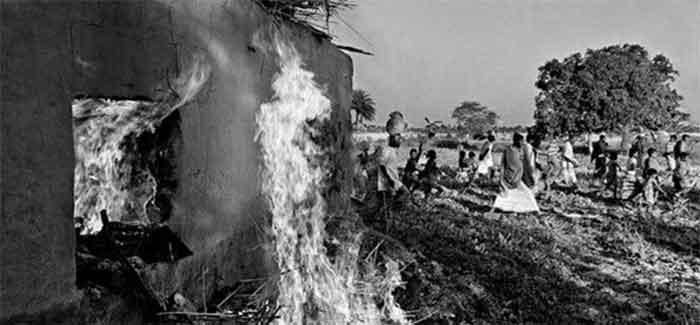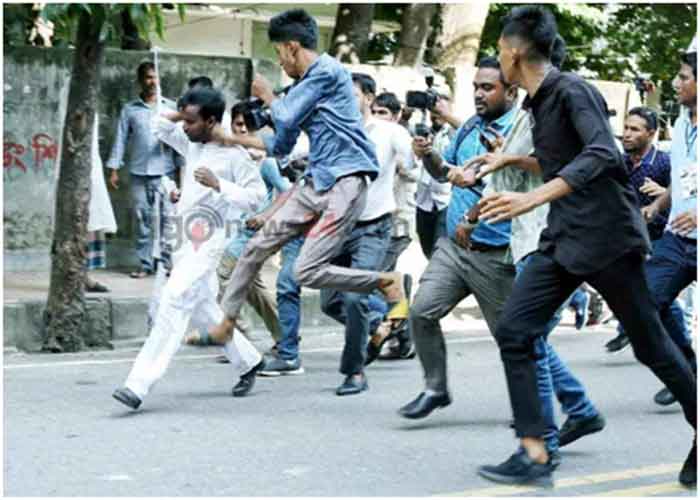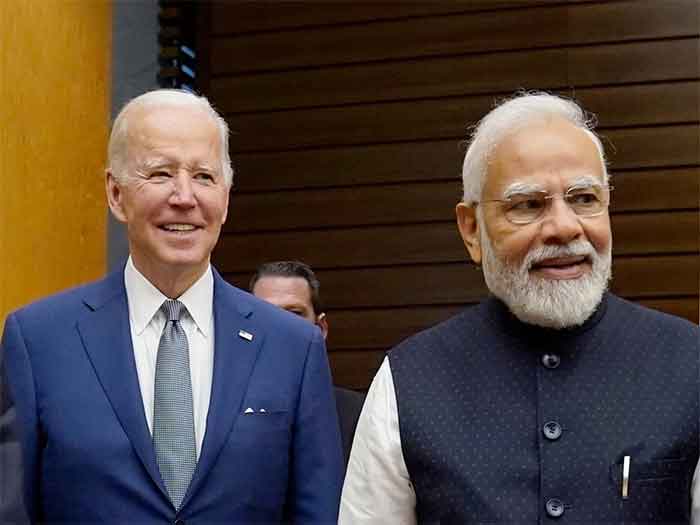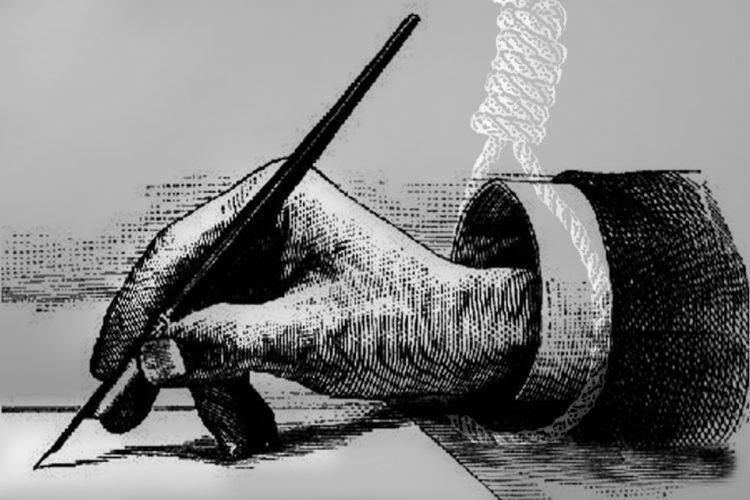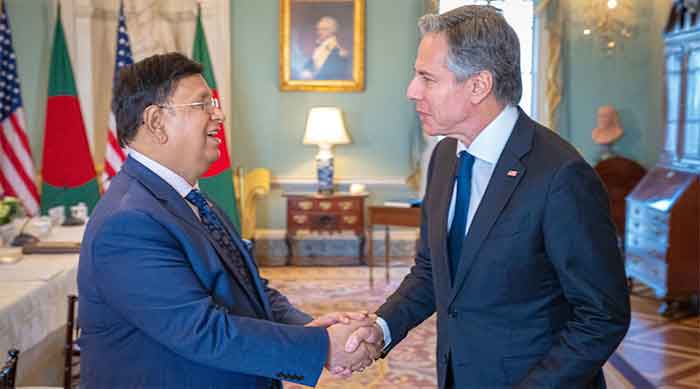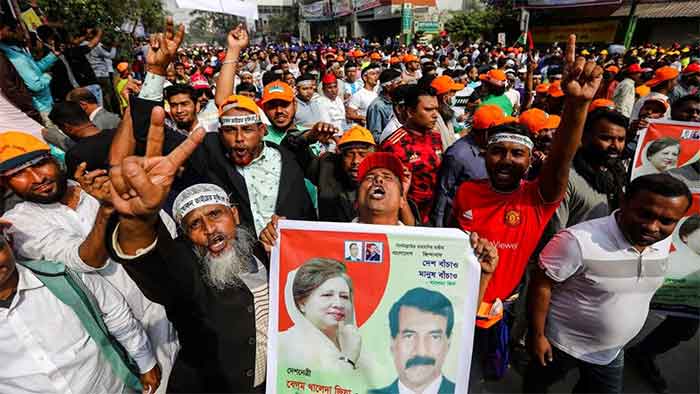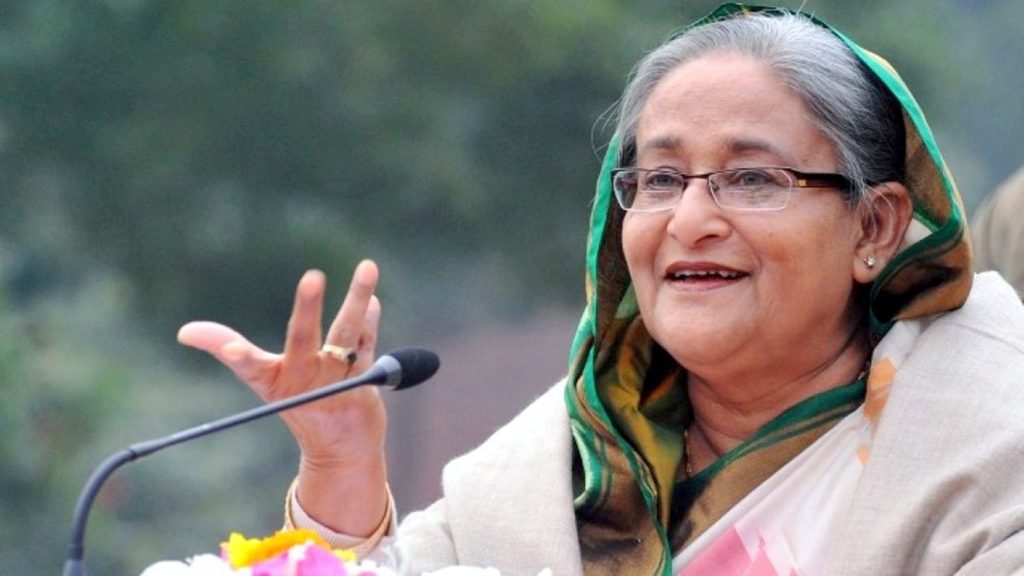
In the politics of Bangladesh, opposition parties including the Bangladesh Nationalist Party frequently say that massive movement will be carried out to oust the government, whereas the ruling party, the Bangladesh Awami League, repeatedly responds that oppositions’ anti-government movement will be tackled with full strength. Even if no massive anti-government movement was carried out as said and political situation remains calm at least for around the last two years and especially at the time of the pandemic, a pertinent question obviously remains on whether there is any possibility of such an outburst in Bangladesh — sooner or later. The possibility of anti-government outburst, in my opinion, cannot be discarded altogether, given the overall political context of the country.
For many, there is, in fact, no room for the transfer of political office through free, fair and credible elections — ranging from the parliamentary to Union Parishad — in Bangladesh. While the 10th parliamentary elections held in 2014 were boycotted by the BNP and some other parties, the participatory 11th general elections held in 2018 were, as frequently claimed, massively unfree, unfair and incredible because of the manipulation of state power by the ruling party, leading to a landslide defeat of the National Unity Front — a joint political platform that was created by a number of parties including the BNP and Gono Forum in 2018 aiming at the 11th parliamentary election in particular. Other subsequent elections, including City Corporation, are also claimed by oppositions as unfree and unfair.
In addition to electoral cause, political space of oppositions at national and local level is usually not good in Bangladesh — a constitutionally democratic country. There is small room for opposition parties including the BNP, which was in power for four times, to participate in political assemblies or hold political rallies, rendered as a crucial ingredient of democratic politics. As recurrently criticized by opposition leaders and political analysts, oppositions get very limited opportunities for political rallies or demonstrations, whereas the ruling party can hold political rallies without any barriers. As further said, many opposition leaders and activists are killed for political reasons and many others are repressed and harassed through several forms — politically motivated cases, arrests, threats of arrests, etc.
But an important question remains on oppositions’ capacity, though there are reasons for massive anti-government movement. In fact, several causes including systematic and consistent repression on opposition leaders and activists for years (as particularly claimed by oppositions), the BNP’s staying away from power for around fourteen years, lack of dynamic and effective leadership, indifference among leaders and activists, a lack of people centric agenda, and a lack of effective coordination among oppositions have enormously lessened strengths for successful anti-government outburst. Yet, a great deal of strengths owing to a large number of leaders, activists and supporters across the country may unsurprisingly make oppositions able to successfully carry out a stronger political movement with effective coordination sooner or later for the establishment of political rights, even if they failed earlier and the pandemic can halt any such possibility at this moment.
Under the context of political challenges and counter-challenges and potential circumstances, a question can relevantly be raised on whether the anti-government movement or the capacity to carry it out is mandatory for making sure justifiable concerns are addressed, given that Bangladesh is a democratic country. To me, the necessity of showing capacity — or the necessity of anti-government outburst — does not seem good at all especially when Bangladesh needs to go a long way for its better internal and external position, despite the fact that political movements are sometimes essential for making some significant changes in many countries. In fact, it can possibly lead to catastrophic economic, social, political and other impacts and indicates the culture of politics that is unprogressive and might-based, which are needed to be changed for improvement of the very politics.
It also seems that any massive political movement is now undesirable to most general people, who are more engaged for developing themselves in economic and other terms. But, if do not make any mistake, people simultaneously do not want to see the political culture of revenge and political hegemony that lead to relentless efforts to suppress oppositions and limit political space for oppositions. I think that most people accept neither the 21st August grenade attack on the Awami League’s political gatherings in 2004 and other forms of coercion by the then ruling alliance nor the current government’s repression on oppositions, manipulations of elections, etc. In fact, people’s vote for the Awami League in 2008 and reluctance to cast votes at present clearly indicate such a position.
It is often said that the running government has contributed much, since it’s coming to power in 2009, to national development with many remarkable nationally and internationally oriented steps. Obviously, I do not disagree with many significant improvements occurred in diverse sectors including economic, educational, infrastructural and communication, even if there are controversies on some occasions including a lack of fair share of economic development among all segments. But is it possible to develop sustainably without political and civil rights, rendered as crucial for human development from broader viewpoint? To me, desired progression of a country means the one which takes economic, social, political and other aspects into account for all — the ruling party and others.
Expectedly, more needs to be done to avert any undesired potential political outburst — sooner or later — and make political environment from local to national level better with qualitative changes in the culture of politics that are facilitative for progression of all. In this respect, both the ruling party and oppositions have some dissimilar but undeniable roles to play; yet, it is unsurprising that the ruling party has some exclusive responsibilities for addressing diverse justifiable political concerns of oppositions. In my opinion, the ruling Awami League should come out of its present hegemonic stance, realize potential negative impacts of political unilateralism on the future politics of the country and make earnest efforts to address all justifiable concerns — electoral and non-electoral.
But all parties need to play desired roles for improving quality of politics. Obviously, use of diverse forms of coercive techniques against opposition leaders and activists with administrative means, usage of muscle powers of party men, subversive protest activities, the political culture of revenge, etc. are almost common scenario in Bangladesh, though there are variations. It has turned to be around 50 years since the glorious Independence in 1971, but changes do not seem significant in terms quality of politics, although immediate post-independence start was good. In fact, mass people now want to see that all future elections are fair, opposition parties are no more suppressed for political reasons and oppositions play their responsible roles for the country.
Amir Mohammad Sayem Researcher and writes Op-eds on miscellaneous issues including social, political, environmental public health and international relations Dhaka, Bangladesh Email:[email protected]
SIGN UP FOR COUNTERCURRENTS DAILY NEWSLETTER

